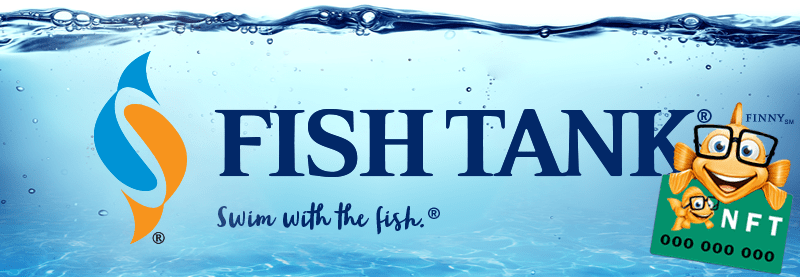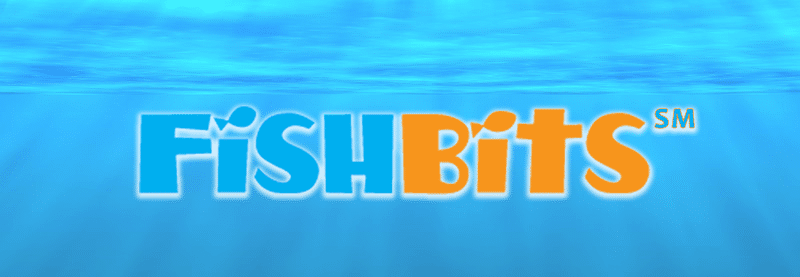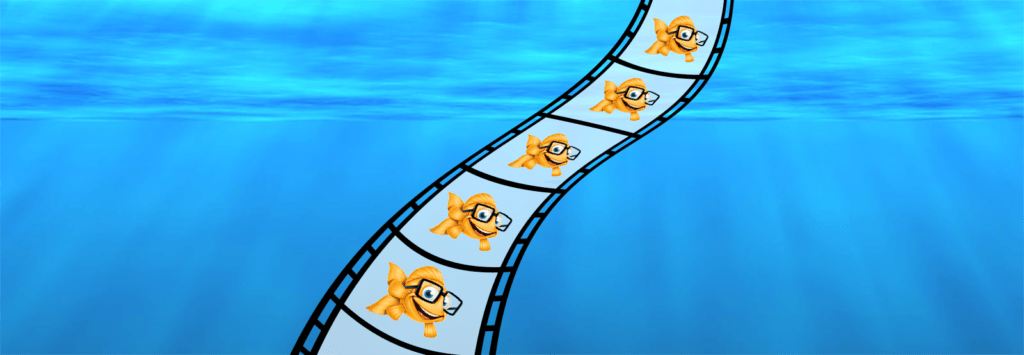Intellectual Property Insights from Fishman Stewart
Volume 21, Issue 9


College Star Scores Big with New Digital Commodity
By Norman K. Freda
On April 3rd, 2021, Jalen Suggs cemented himself in college basketball history by sinking a game winning three-point shot as time expired to send his team, Gonzaga University, to the National Championship. Last week, Suggs announced his decision to participate in the NBA Draft in a Twitter post, which also contained a link to an auction for a 1-of-1 NFT, or “Non-Fungible Token,” for the animated artwork titled “The Shot.” The animated looping video depicts a stylized Suggs fist-pumping after his game winning shot. This left some fans asking the question – what is an NFT?
Non-fungible tokens, or NFTs, are digital in nature and ordinarily associated with digital content, such as a digital image, song, video, etc. They can also relate to things in the physical world, like a specific painting in a gallery. A set number of NFTs are associated with each piece of digital content or artwork. In the example above, the winner of Jalen Suggs’ auction will own the only NFT associated with the digital artwork “The Shot.” An NFT is saved in a public blockchain ledger like cryptocurrency (e.g., a Bitcoin or an Ether), which verifies all transactions involving the NFT and certifies who owns the NFT. Because NFT ownership is tracked in a blockchain ledger, NFTs are impossible to counterfeit. You can think of an NFT as a digital certificate of ownership and authenticity.
The artwork associated with an NFT is presumably protected by copyright law, which is where NFTs crossover into the world of intellectual property. The original creator of the artwork associated with an NFT holds the copyright. The person who creates the NFT, called the minter, works in association with the copyright owner and sets copyright permissions that accompany the sale of the NFT. Like the traditional sale of a painting or sculpture, the sale of most NFTs do not include the ownership of copyrights to the associated digital content or physical artwork; rather, they ordinarily include limited copyright permissions.
The owner of the NFT can resell the NFT and may, for example, have the right to post, display, or use the associated artwork in accordance with the specific copyright permissions granted with the NFT. The owner of an NFT thus does not have the full rights of the copyright owner, such as the right to reproduce the associated digital or physical artwork. However, some NFTs include partial ownership of the copyrights to the associated artwork, which can give owners of the NFTs additional rights of the type that accompany copyright ownership.
While the long-term viability of the NFT marketplace and its future impact on intellectual property is still up in the air, it has proven fruitful for many digital content creators including Jalen Suggs, whose auction closed at price of 4.1265 Ether (roughly equivalent to $9,900 USD at the time of sale), and Beeple who sold an NFT of his artwork “The First 5,000 days” for approximately $69 million USD.

Who really “owns” your digital goods?
By Zachary P. Grant
When subscribing to content services like Netflix or Spotify, it is generally understood that the monthly payments give users a license to access a library of entertainment but the user does not “own” any movies or songs. Once the subscription ends, access to the libraries are closed to the user. In contrast, a person who purchases physical media, such as a book or media disk, owns that physical object in perpetuity. However, the definition of “purchase” and “buy” in the online space — unrelated to subscriptions — is changing our traditional understanding of “ownership.”
In two ongoing court cases against Apple and Amazon, consumers are seeking damages for false advertising related to these changing definitions of consumer purchases. When a consumer chooses to “buy” a digital book from Amazon or a digital movie from Apple’s iTunes, there is fine print in the purchase agreements that give Amazon and Apple the right to revoke access to those digital goods from the consumer. The revoking of goods often occurs when there is a licensing dispute or termination between the retail distributor (Amazon or Apple) and a media publisher.
The outcome of these cases could impact how digital goods are sold and marketed, especially regarding transparency of how retailers define words like “buy” and “purchase.” In the meantime, it is important that consumers are aware that when they purchase digital goods, they may not truly “own” that commodity. If you are worried about losing an important piece of media, you may want to consider procuring a physical version.

New Webinar Video: “Protect Your COVID-19 Innovations”
A new webinar recording is now available to watch on the Fishman Stewart YouTube Channel.
Manufacturing innovations skyrocketed during 2020 as our nation’s greatest problem solvers worked to tackle the challenges of a global pandemic. While some acted quickly to protect their new intellectual property, too many remain vulnerable to sales disruption from competitors.
Please join the Michigan Manufacturers Association, noted manufacturing innovators, and Douglas LaLone from Fishman Stewart for a virtual discussion that will help you increase the value of your company and protect your intellectual property’s revenue stream. Learn from the experience of your manufacturing peers in this interactive panel discussion.
Watch the video HERE.
IDENTIFYING, SECURING AND ADVANCING CREATIVITY®








